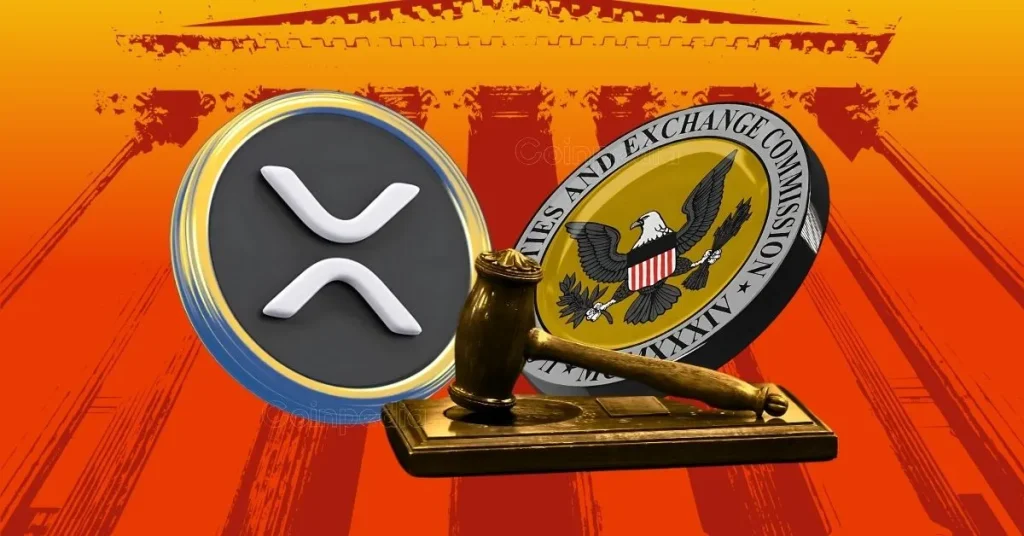
Collaboration with Brazilian telecommunications company Telefonica
Telefonica, a leading telecommunications company in Latin America, announced on the 15th a strategic partnership with Chainlink (LINK), a decentralized oracle network.
This partnership will enable Telefonica's OpenGateway API, which provides SIM swap prevention functionality, to run on the blockchain through Chainlink Functions.
It provides an additional layer of security for smart contracts and transactions, helping to better protect users, including developers, and their assets.
Telefonica's API is based on the GSMA Open Gateway SIM SWAP API, a global telecommunications industry initiative promoted by the GSMA. It is a technology solution that allows developers to integrate SIM card replacement detection into their applications, identifying fraud and providing an additional layer of security to protect against unauthorized access.
What is GSM Association?
An industry association consisting of mobile communication carriers and related companies that use GSM mobile phone systems.
Specifically, Brazilian telecommunications operator Vivo (Telefonica Brasil) will begin providing the GSMA Open Gateway API using Chainlink Functions, enabling connectivity via Polygon's PoS blockchain network. thing. Through this initiative, businesses can offer solutions that address modern needs such as fraud prevention and secure account creation in a Web3 environment.
connection:Chainlink continues to grow and enters the top 10 market capitalization Trends in RWA tokenization
What is Chainlink?
Chainlink acts as a bridge connecting blockchain technology with real-world data. This technology allows smart contracts to act on information from external data sources and APIs, resulting in more reliable and accurate decision-making.
Chainlink Functions is a platform that allows smart contracts to obtain external data and perform computations as needed. Developers submit code to the Chainlink network to retrieve the required data, and Chainlink's decentralized oracle network executes the code.
Through Chainlink Functions integration with Telefonica Open Gateway, smart contracts can send information requests to the API to check if a device's SIM card has been tampered with. This feature will help strengthen the security of Web3 applications and digital finance services, leading to improved two-factor authentication and fraud detection capabilities.
connection:Supports cross-chain functionality for Chainlink (LINK) stablecoin USDC
The post Blockchain measures against SIM swap fraud Telefonica and Chainlink appeared first on Our Bitcoin News.

 1 year ago
67
1 year ago
67














 English (US) ·
English (US) ·